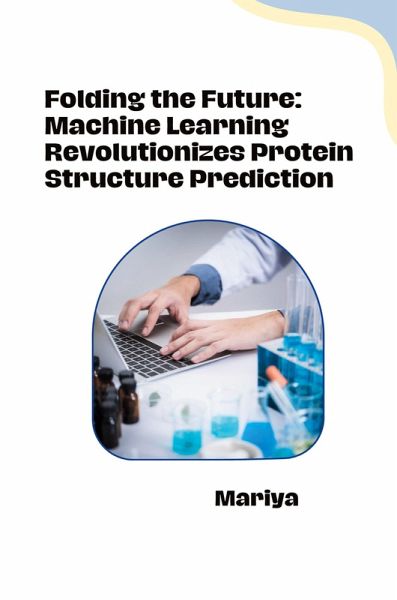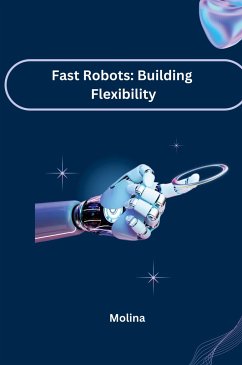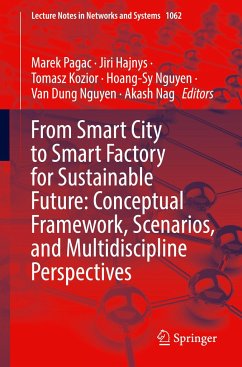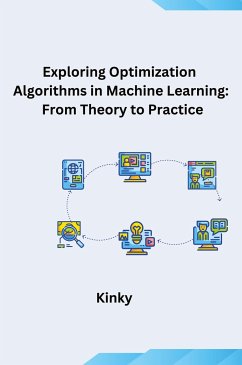
Folding the Future: Machine Learning Revolutionizes Protein Structure Prediction
Versandkostenfrei!
Versandfertig in 6-10 Tagen
28,12 €
inkl. MwSt.

PAYBACK Punkte
0 °P sammeln!
Folding the Future" unfolds the exciting revolution in protein structure prediction powered by machine learning. For decades, scientists struggled to understand the complex 3D shapes proteins fold into, which is crucial for their function. This book explains how machine learning algorithms are changing the game. Imagine feeding a protein's amino acid sequence into a computer and getting back its precise 3D structure - a game-changer for drug discovery, biological engineering, and understanding diseases. "Folding the Future" explores the science behind these groundbreaking algorithms, their imp...
Folding the Future" unfolds the exciting revolution in protein structure prediction powered by machine learning. For decades, scientists struggled to understand the complex 3D shapes proteins fold into, which is crucial for their function. This book explains how machine learning algorithms are changing the game. Imagine feeding a protein's amino acid sequence into a computer and getting back its precise 3D structure - a game-changer for drug discovery, biological engineering, and understanding diseases. "Folding the Future" explores the science behind these groundbreaking algorithms, their impact on various fields, and the exciting possibilities they hold for the future of science and medicine. This book is a must-read for anyone curious about the future of biology and the transformative power of machine learning.














